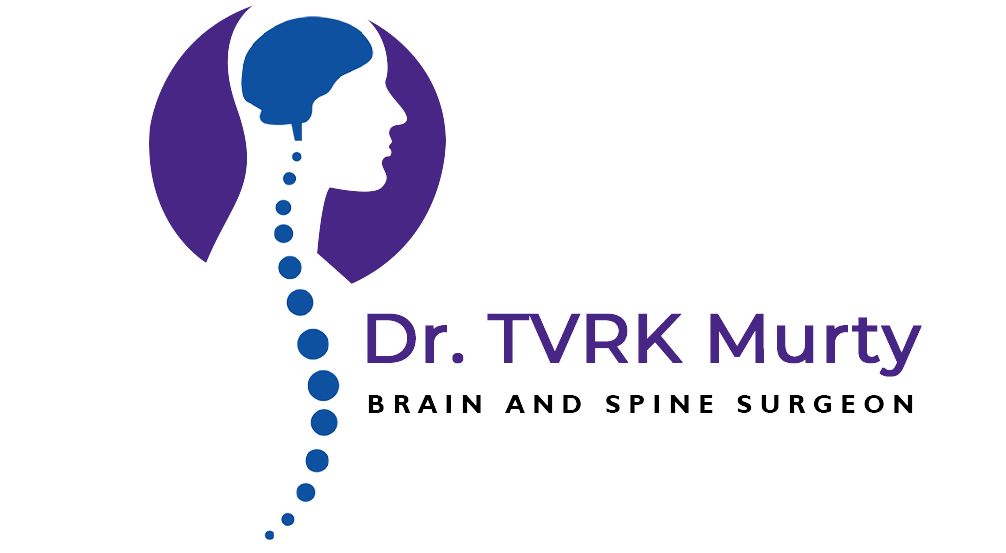Degenerative Disc Disease
Degenerative disc disease (DDD) is a condition that occurs when the spinal discs wear down and cause pain
What is Degenerative Disc Disease?
Degenerative Disc Disease (DDD) is a condition where the intervertebral discs, which act as cushions between the bones of the spine (vertebrae), deteriorate over time. Despite its name, it is not actually a “disease” but a natural part of aging. However, it can lead to pain and other symptoms if the discs lose their ability to absorb shock or if the surrounding structures are affected.
Symptoms
Symptoms vary depending on the severity of the condition and the location of the affected disc(s). Common symptoms include:
1. Back or Neck Pain
- Pain localized to the area of the affected disc (e.g., lower back, neck).
- Pain may worsen with sitting, bending, lifting, or twisting.
- Pain may improve when walking or lying down.
2. Radiating Pain
- Pain that radiates to other areas, such as:
- Sciatica: Pain that travels from the lower back through the buttocks and down one leg.
- Neck pain radiating to the shoulders, arms, or hands.
3. Stiffness and Limited Mobility
- Difficulty bending, twisting, or performing activities that involve spinal movement.
- A feeling of stiffness in the back or neck.
4. Muscle Weakness or Numbness
- Weakness, tingling, or numbness in the arms or legs due to nerve compression from a herniated or bulging disc.
5. Chronic Pain with Flare-Ups
- Persistent, dull pain with occasional acute episodes of intense pain.
- Pain may last for weeks or months before subsiding temporarily.
6. Instability in the Spine
- A sensation of instability or “giving out” in the back, especially during movement.
Looking for an appointment?
Reach us to get a second opinion on your neuro and spine surgeon treatment.
Spine
Brain
Important Links
Location
Renova Century Hospital, Road No 12, Bhola Nagar, Banjara Hills, Hyderabad.
Reach us
+91 87122 21731
Follow us
© 2024 Dr.TRVRK Murty. All Rights Reserved.
Designed & Marketing by Markay Technologies
